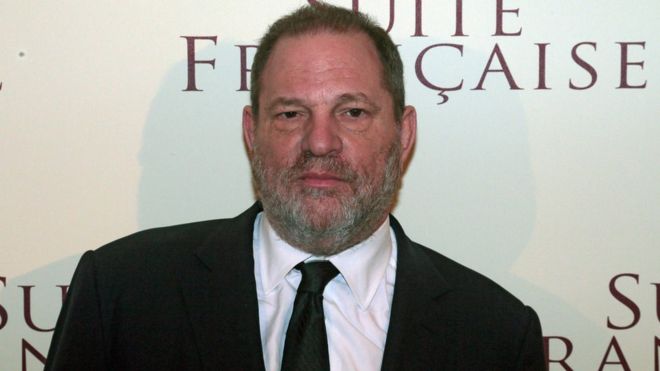
Harvey Weinstein, the once-influential Hollywood producer, was sentenced to 23 years in a New York State prison on Wednesday after his conviction on felony sex crimes, capping a two-year plummet from grace over his sexual abuse of women.
The sentencing marked a major milestone in the #MeToo movement, which gained momentum after several women went public with their complaints about Mr. Weinstein.
Women’s rights organizations and Mr. Weinstein’s accusers had celebrated the producer’s conviction, calling it the start of a new era of women’s empowerment.
Justice James A. Burke, who presided over the trial in State Supreme Court in Manhattan, could have sentenced Mr. Weinstein, 67, to as little as five years and as much as 29.
All six of the women who gave graphic accounts on the witness stand of Mr. Weinstein’s sexual assaults had entered the courtroom together, taking seats in the front row of the gallery, just behind the prosecution’s table.
Next to them sat the Manhattan district attorney, Cyrus R. Vance Jr. The rows behind Mr. Weinstein, who was in a wheelchair, were largely empty.
A Manhattan jury of seven men and five women found Mr. Weinstein guilty on Feb. 25 of raping an aspiring actress, Jessica Mann, at a Midtown hotel in 2013, and forcibly performing oral sex on a production assistant, Miriam Haley, in his Lower Manhattan apartment in 2006.
After five days of deliberations, however, the jury acquitted Mr. Weinstein of the most serious charges against him: two counts of predatory sexual assault, which required prosecutors to prove that he had committed a serious sexual assault against at least two women.
Those charges, as constructed by prosecutors, required the jury to find Mr. Weinstein had raped the actress Annabella Sciorra in the early 1990s at her Gramercy Park apartment. But some jurors doubted her account.
The jury also determined Mr. Weinstein was not guilty of first-degree rape in the 2013 attack on Ms. Mann. That charge required the state to prove the use of force or a threat during the attack. The jury instead opted to convict him of third-degree rape, which required prosecutors to prove only that she did not consent.
Arguing for a lengthy sentence, prosecutors had pointed to a long list of allegations from women who said Mr. Weinstein had sexually assaulted them over four decades. The earliest allegation, prosecutors noted, was from a woman who said he raped her on a business trip in 1978.
Joan Illuzzi, the lead prosecutor, said the litany of assaults detailed in a sentencing memorandum “show a lifetime of abuse toward others, sexual and otherwise” and a “total lack of remorse for the harm he has caused.”
But defense lawyers said none of those allegations had been proven. They pointed to Mr. Weinstein’s work raising money on behalf of charities and his rapidly declining health as they pleaded for leniency.
“He lost everything,” his lawyers wrote in a letter to the judge, pointing to his divorce and the loss of his company. “His fall from grace has been historic.”
Reports about Mr. Weinstein’s sexual misconduct had been circulating in Hollywood for decades, even as the producer won critical acclaim for reshaping the independent film industry with Oscar-winners like “Shakespeare in Love” and “Pulp Fiction.”
Source: New York Times

